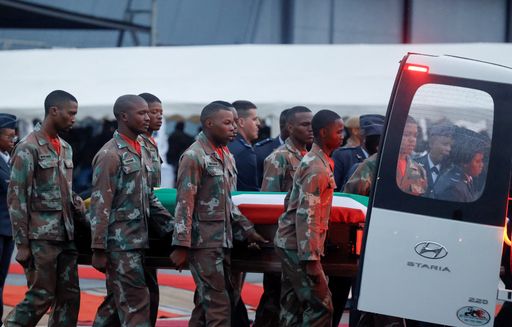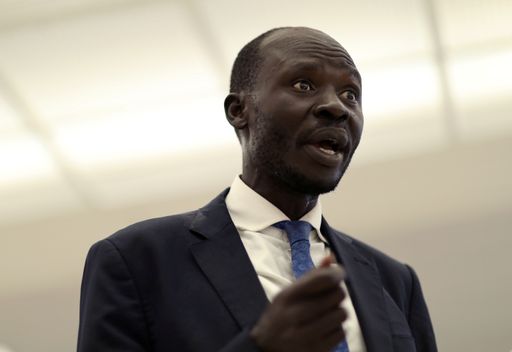Sport
The naval drill in the Eastern Mediterranean is a signal to Israel and Greece, say experts.
Türkiye and Egypt on Monday launched their first joint naval exercise in 13 years, marking a turning point in bilateral relations between the two regional powers.
The five-day naval drill in the Eastern Mediterranean between September 22 and 26 comes after years of political estrangement and is widely interpreted as a signal of shifting alliances and the emergence of a new regional balance.
The drill, called Bahr El Sadaka in Arabic — meaning “Friendship Sea” — is officially titled the Türkiye-Egypt Friendship Sea Naval Operations Special Exercise.
Türkiye will participate with the frigates TCG Orucreis and TCG Gediz, the fast attack craft TCG Imbat and TCG Bora, the submarine TCG Gur, and two F-16 fighter jets, according to the Turkish Defence Ministry.
Experts say that Ankara and Cairo are seeking to reinforce their positions in a volatile Mediterranean environment shaped by contested maritime boundaries, energy competition, and broader geopolitical rivalries.
“The fundamental purpose of the exercise we are conducting in this region is interoperability…to enable military vehicles, ships and aircraft of different origins to carry out joint operations together,” says Kemal Olcar, a military strategist and faculty member at Beykent University.
Türkiye currently ranks first among Middle Eastern militaries and ninth globally, while Egypt too has a formidable naval force.
Hany Elgamal, a researcher in regional and international affairs in Egypt, interprets this cooperation through a wider geopolitical lens.
“It is a warning to Israel and its allies that there are other avenues through which Egypt and its allies in the region can thwart” their expansionist designs in the region, Elgamal tells TRT World.
He stresses that the Egypt-Türkiye cooperation disturbs Israel, particularly in light of its growing use of Greek-administered Cyprus as a military base.
The joint military drills come amid growing global pressure on Israel to end its genocidal war in Gaza, with the UK, Australia and Canada officially recognising the Palestinian state.
Regional context
Over a decade ago, Türkiye and Egypt found themselves in sharp disagreement for political reasons.
Beyond security, the rapprochement is also rooted in shared positions on regional conflicts. Both experts highlight the importance of a common stance on Gaza, Syria, and energy security.
Olcar recalls that Ankara and Cairo reached a consensus on the need for a ceasefire in Gaza and the provision of humanitarian aid, describing Israel’s actions as amounting to genocide.
He adds that the two countries agreed to support Syria’s territorial integrity and stability.
Elgamal, meanwhile, emphasises that Cairo and Ankara are aligned in preventing Syria from becoming a staging ground for sectarian fragmentation in the Middle East.
The military dimension, however, remains central. Olcar insists that the naval exercise should not be viewed as a temporary tactical manoeuvre but rather as part of a long-term strategic alignment.
“The 17 memoranda of understanding (MoUs) signed last year…will provide significant support for a number of activities such as high-level strategic cooperation efforts. It does not seem very temporary in this sense,” he says.
Comments
No comments Yet




















Comment